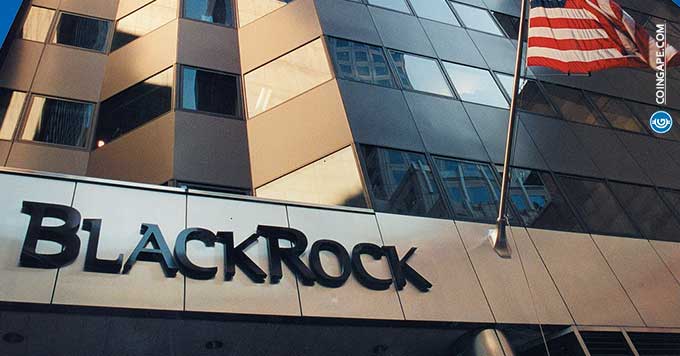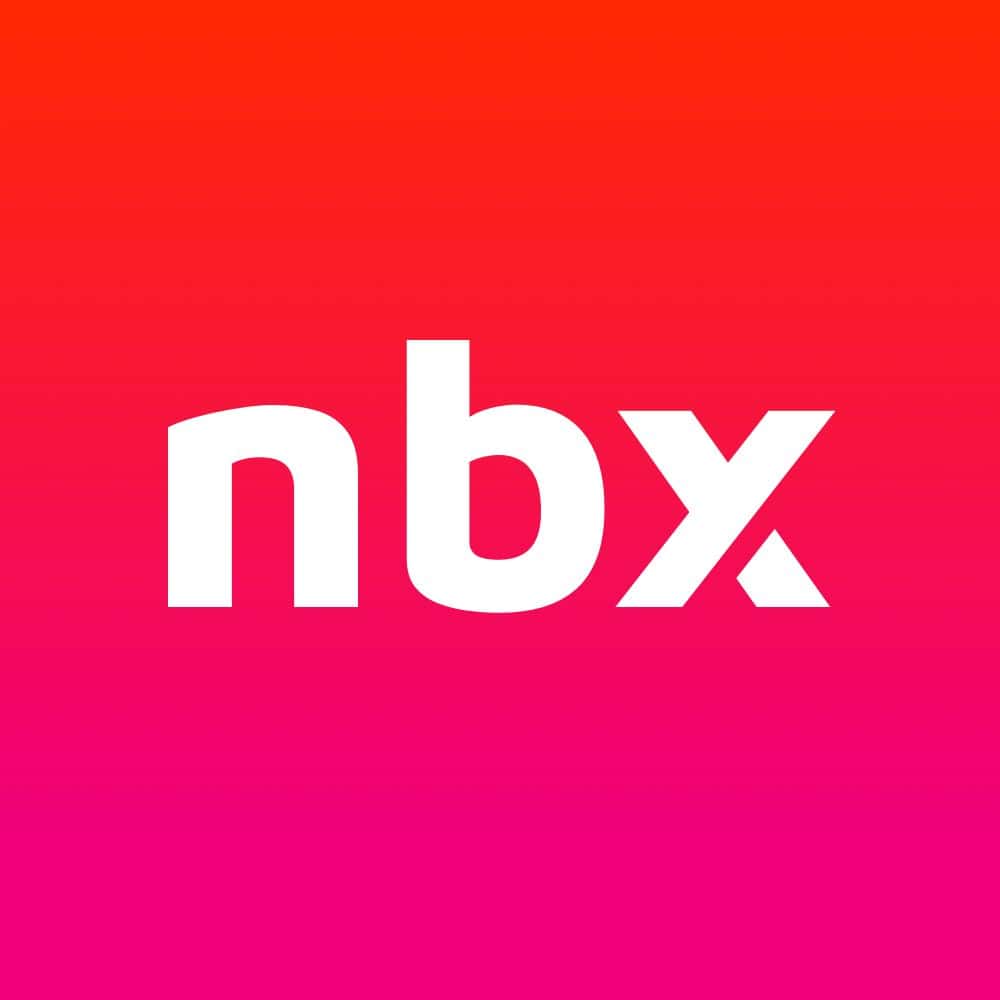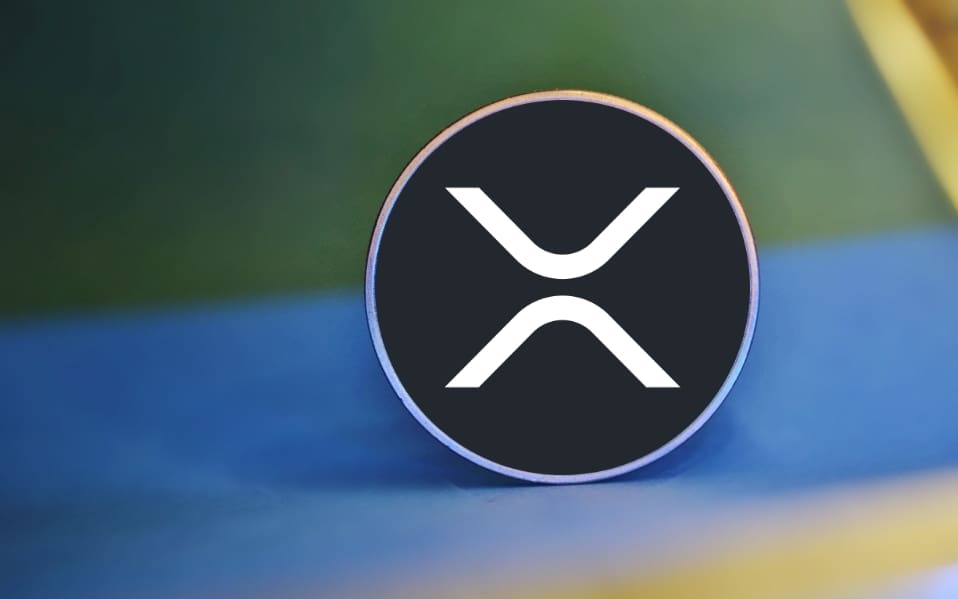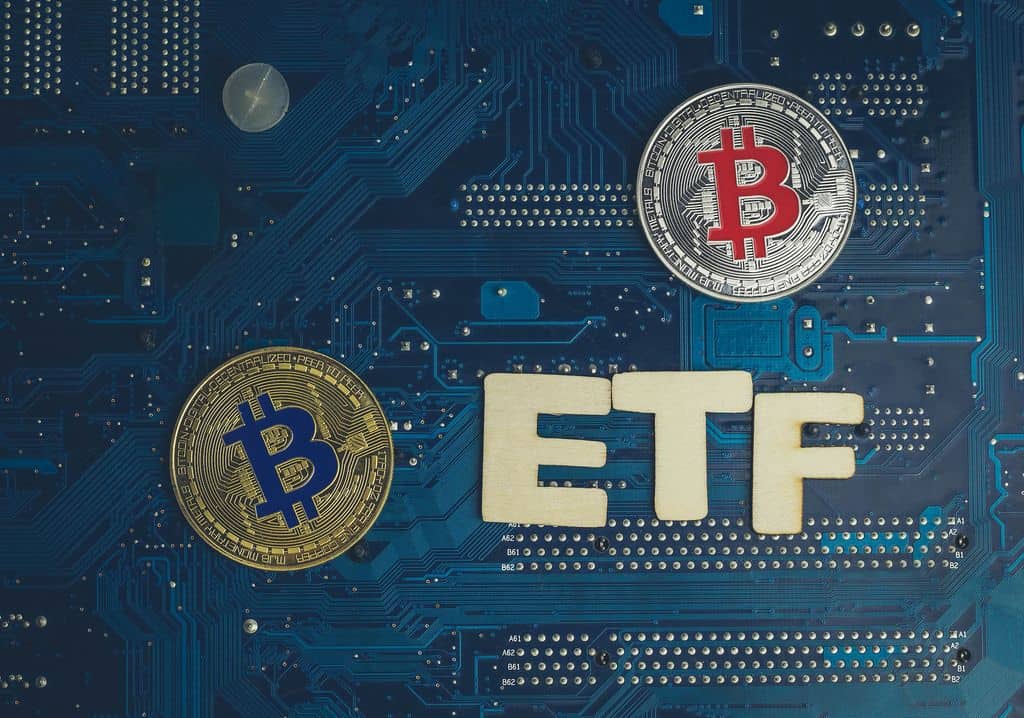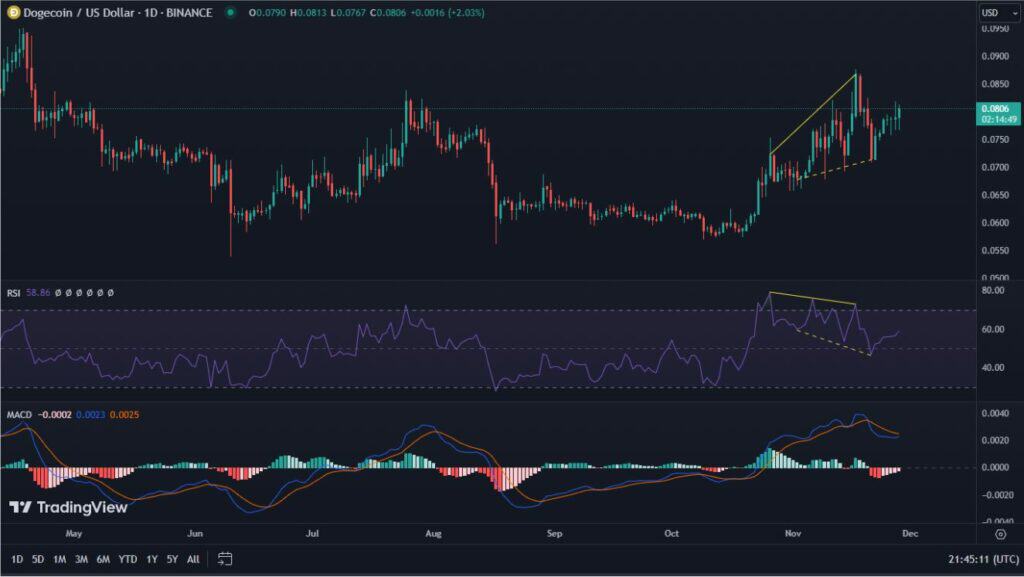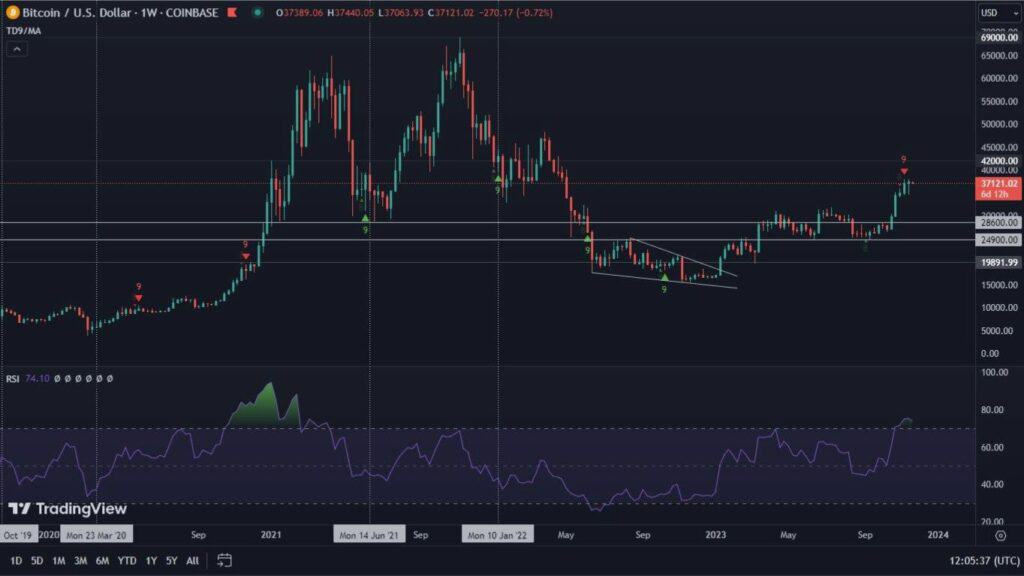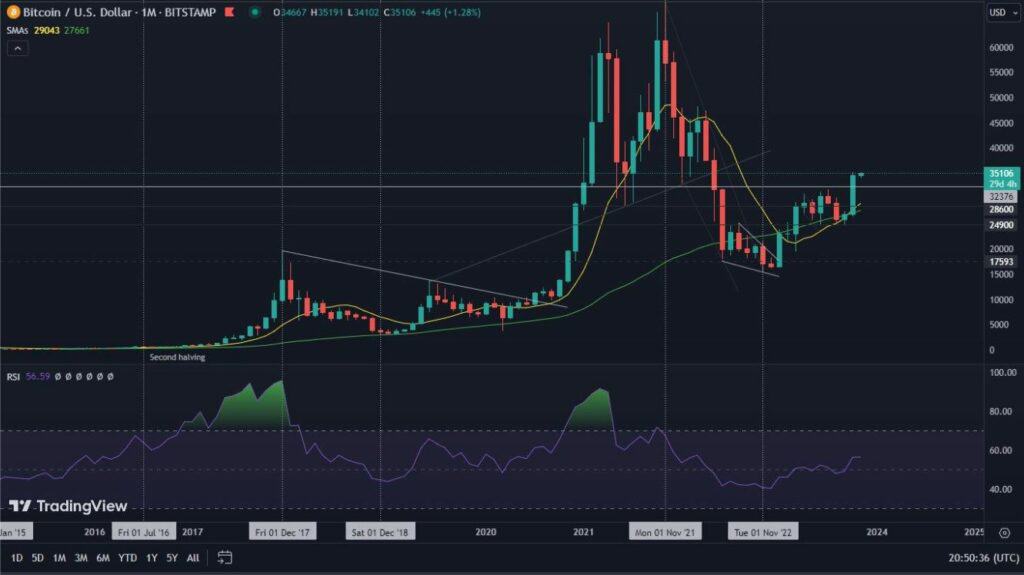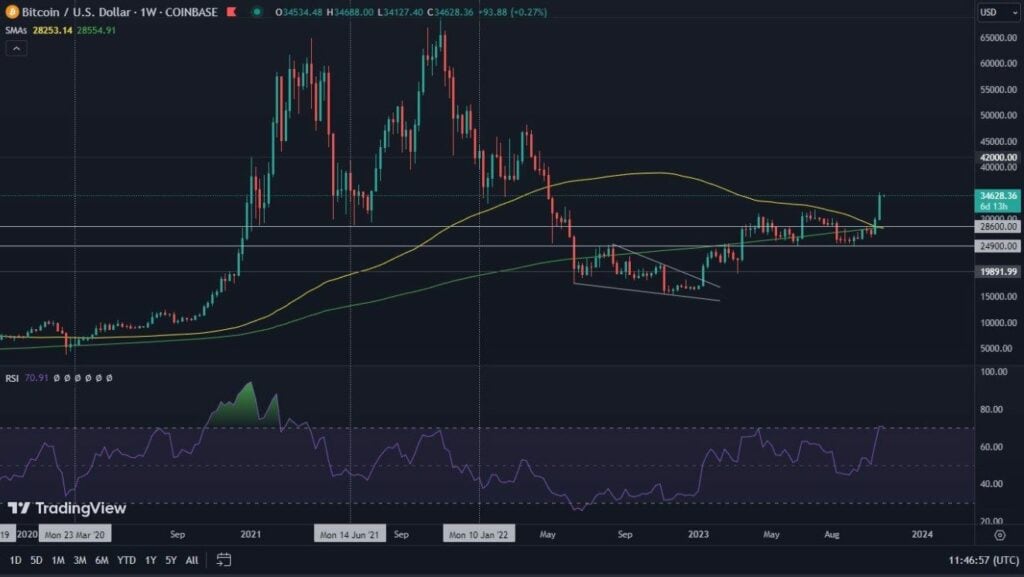Interesting yet seemingly inconsistent voices on the cryptocurrency market are coming from New Zealand. According to representatives of the Central Bank, cryptocurrencies currently do not need regulation. Meanwhile, the country’s Reserve Bank points out that the sector should be closely monitored.
Cryptocurrencies are not only about risk and uncertainty, but also about opportunities
New Zealand’s Central Bank, after receiving public feedback, is stepping up oversight of stablecoins and crypto assets but is not advocating a regulatory approach.
Ian Woolford, director of money and cash at the Reserve Bank of New Zealand, said in a June 30 statement that the RBNZ agrees that “there is currently no need for a regulatory approach, but vigilance should be increased.” Woolford’s statement is accompanied by a summary of 50 stakeholder views to an earlier RBNZ paper on cryptocurrencies and the decentralized finance market. Respondents included organizations such as cryptocurrency backer BlockchainNZ, technology company Ripple, as well as banks such as Westpac and Bank of New Zealand.
Woolford said the submissions showed that cryptocurrencies carry “significant risks and opportunities,” as well as “uncertainty” regarding the development of the sector. The latter warrants additional attention:
“We agree that caution should be exercised, which also reinforces the need for better data and monitoring to build a full understanding.”
Waiting for other countries to move
The RBNZ is clearly waiting to observe how other jurisdictions will regulate cryptocurrencies before taking its own steps.
“Global harmonization is key to effective regulation,” – Woolford said. He added that best practices may become clearer as foreign systems are implemented.
Meanwhile, Chainalysis’ 2022 report ranked New Zealand 108th out of 146 countries in the 2022 Global Cryptocurrency Adoption Index. This position places the country just behind Austria and ahead of Azerbaijan.
The index ranks all countries in the globe in terms of “spontaneous adoption of cryptocurrencies.”
Cryptocurrencies too modern a product to be regulated by current law
New Zealand’s current laws recognize cryptocurrencies as a form of property. Digital assets are subject to various general financial regulations regarding money laundering and taxation.
“The issues surrounding cryptoassets and other innovations go beyond the boundaries of a single agency,” – Woolford said.
He added that consumer and investor protection, along with regulatory barriers to entry, are key if the country wants to create a “reliable and efficient monetary and payment system.”


